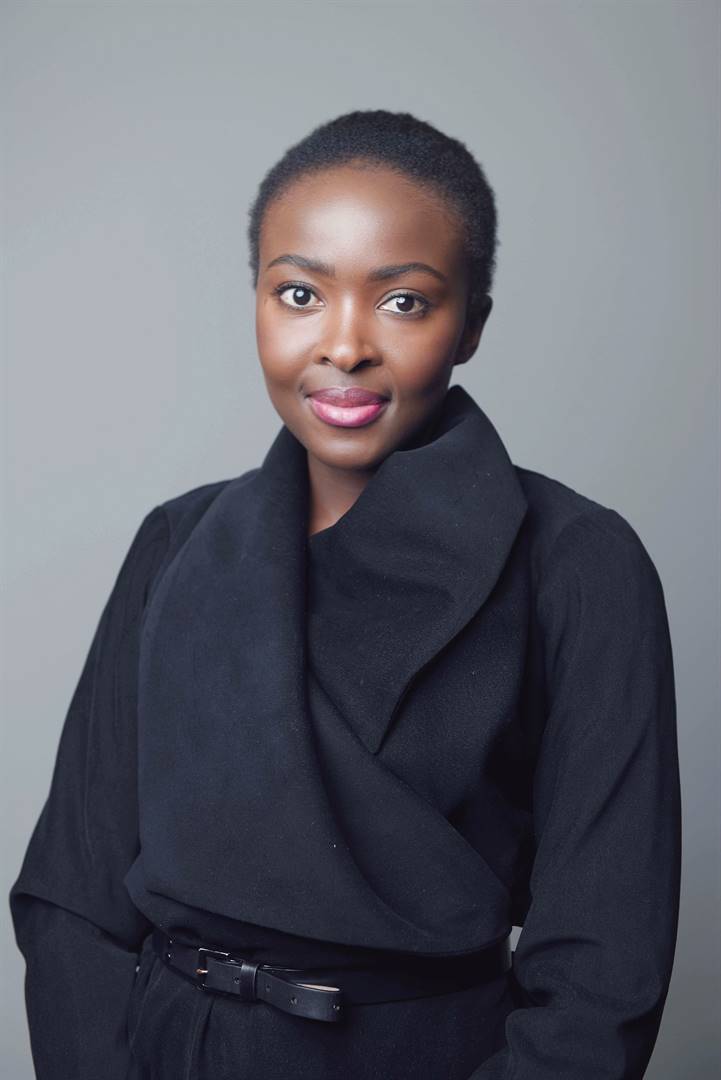
One of SA’s youngest chief economists, Mamello Matikinca-Ngwenya, believes having the right level of fear plus extraordinary mentors has helped her career, writes Sue Grant-Marshall
Mamello Matikinca-Ngwenya was probably the youngest chief economist to be appointed by a major South African bank at age 29.
She is such a joy to interview, for she’s relaxed and friendly, as we sit in the elegant FNB offices, situated in the heart of Africa’s financial hub in the Sandton CBD.
When she was invited to interview for the role of chief economist, and then was hired, she was stunned and somewhat anxious about how the market would perceive her.
That was nearly two years ago and her fears have proved unfounded.
“Over time I have learnt that if I work hard, respect the job and do it with my usual passion, it will be enough,” says Matikinca-Ngwenya in her articulate, calm manner.
She adds: “It helped that I had the right level of fear plus extraordinary mentors who have walked the road with me.”
Indeed, leading businesspeople who have mentored the economist might well have learnt a lesson or two themselves along their shared path – about sheer courage in a life acquainted with tragedy.
But more about that later.
Matikinca-Ngwenya took over the reins as FNB chief economist from Sizwe Nxedlana in November 2017 when he was appointed CEO of FNB Wealth and Investment.
At the time she was a senior macroeconomic analyst in the FNB economics team. And prior to that she worked as a macroeconomic analyst in the RMB global markets research team.
Matikinca-Ngwenya didn’t grow up dreaming she would become an economist.
“I did maths, science and biology at school, thinking I might do medicine even though the sight of blood sickens me.”
It was a TV interview she watched with her mother, a teacher, at their Johannesburg home that sparked the interest that would set her life’s course.
“A country risk analyst was talking about Rwanda and I was impressed by his extensive knowledge. My mother and I researched what an economist is, what they do and a university where I might study.”
The Bryanston High matriculant graduated with a BCom Honours in econometrics, from what was then the Rand Afrikaans University (RAU), now the University of Johannesburg, in 2010.
It was that year when her mother, who was doing a postgraduate education degree at RAU, and her father were on their way to the funeral of Matikinca-Ngwenya’s grandmother when they were both killed in a car accident.
“It was life-changing and I had to grow up really quickly,” she says.
The university student had to assume a parenting role. “I had the burden of finishing university, taking care of my two younger siblings and providing them with emotional support.”
Matikinca-Ngwenya believes that the three retail jobs she had both in high school and at varsity helped her not only cope with parenting her siblings but also with her career.
“It toughened me, and prepared me for a challenging work environment. Life is hard, you need to persevere,” she says.
Part of that involved giving up a highly sought-after job she had landed at the Bureau of Economic Research.
“I was a trainee economist in Stellenbosch and it was too difficult to manage my Joburg siblings’ lives from there.”
Not only did the bureau release her from her two year contract, it helped her find a job. Rand Merchant Bank was looking for a junior analyst.
“It was the perfect setting for me. I’d done the training and I worked with their global market research team under the guidance of Theuns de Wet who was instrumental in shaping my career.”
The four years she spent there proved “an incredibly steep learning curve. Everyone was so generous and gracious. I worked with one of South Africa’s leading analysts who helped me strengthen my analytical skills.”
Matikinca-Ngwenya’s lifelong aim is to work in the developmental field in Africa.
Her parents came from Springfontein, Free State, where she says unemployment is extremely high.
She wants to help guide economic policy, “so people who have been forgotten can play a role”.
So when Nxedlana, a long time friend and mentor, heard she was about to leave RMB, “for something more aligned to my developmental interests”, he suggested she move to FNB as senior economist to work alongside him.
At the time she didn’t realise that her two-year stint with him would prove invaluable when she became chief economist.
She works long and demanding hours.
In a 24/7 world she has to monitor what’s happening on the markets, keep her finger on the pulse of world news, “think of its consequences, translate that into business impact and give feedback to business to help it navigate the environment in which it operates”.
In spite of her punishing schedule, the economist is determined to maintain a balanced life.
She enjoys travelling with her husband and spending time with her extended family and her close friends.
“I don’t want to wake up one day and regret missing out on my personal life,” says Matikinca-Ngwenya who loves gym, yoga and going to art exhibitions.




 Publications
Publications
 Partners
Partners








